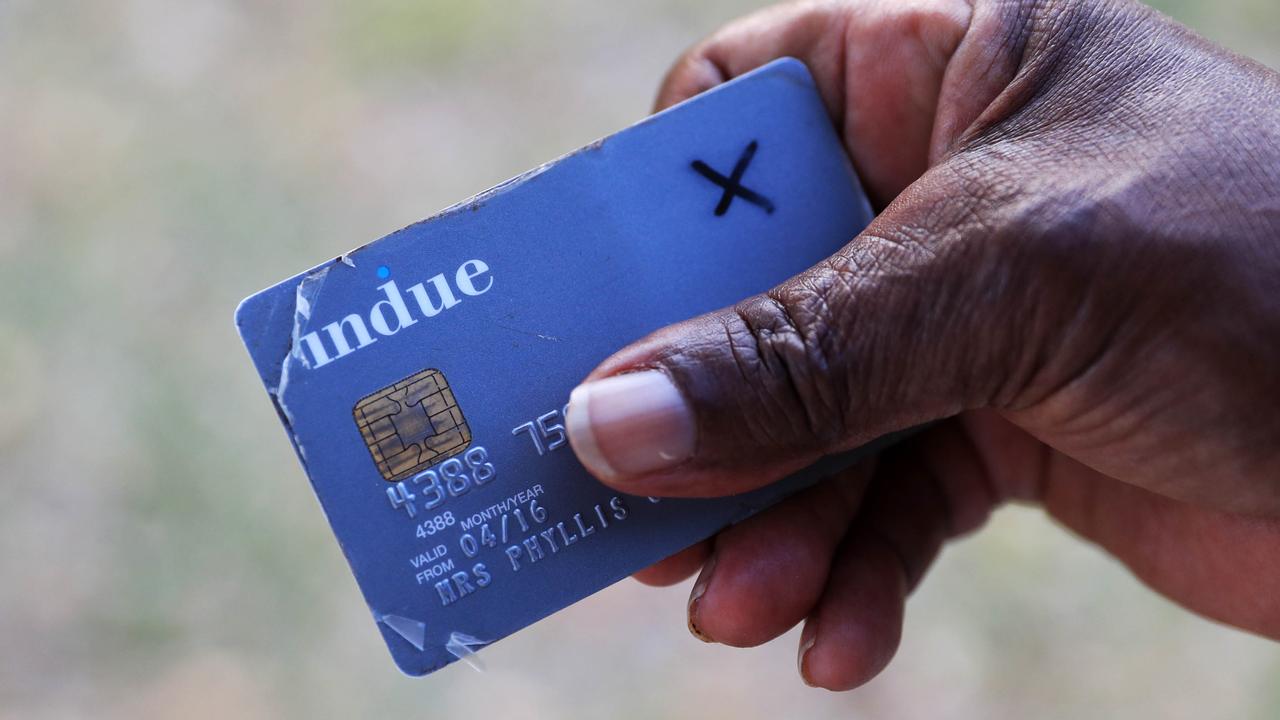Sydney conference calls for treaty talks ‘at all levels of government’
Minimalist indigenous constitutional recognition has been dealt a new blow.
Minimalist indigenous constitutional recognition has been dealt a new blow, with a Sydney conference calling for treaty negotiations at all levels of government and a federal parliamentary body that would give indigenous Australians a say in laws that affect them.
The proposals continue a trend at meetings around the country rejecting the so-called “politicians’ model” of minimalist recognition in a preamble or in the Constitution, as preferred by constitutional conservatives.
The three-day gathering, the sixth of 12 such planned discussions, also supported constitutional change to protect Aborigines and Torres Strait Islanders from racial discrimination, as well a wider bill of rights offering protections for indigenous Australians.
The previous five meetings, in Hobart, Dubbo, Broome, Darwin and Perth, had already resolved to support treaty discussions and rejected any “minimalist” constitutional change.
The process will climax with a constitutional convention at Uluru in May designed to provide views from indigenous communities nationwide so that the 16-member Referendum Council can provide advice to Malcolm Turnbull on “ways forward”.
However, all six meetings have declared they do not want that to be the end of consultations with indigenous Australians on whether, in fact, a referendum even goes ahead.
Sydney meeting co-convener Norma Ingram said the 100-person gathering in Rooty Hill at the weekend had canvassed what a treaty would look like and whether a referendum on constitutional recognition was even feasible.
“Before we came together here there were people who were definite they wanted a treaty, there were some who were definite they wanted constitutional reform, and some were in the middle,” Ms Ingram said. “It’s a matter of where do we sit on that spectrum, because there’s quite a bit of confusion around that.”
She said Australians should accept that this was the first time a process such as this had been attempted by indigenous Australia, and there would inevitably be a range of views, not a single conclusion.
“You can’t make a decision about treaty, for example, without knowing the answer to a question like what would a treaty do for us as a nation of Aboriginal people, what would it mean for us?” she said.
“Does it mean, for example, we give up on who we are as Aboriginal people if we sign a treaty? What does that really mean legally, constitutionally for us as a nation? Is there a danger that we cede our sovereignty?
“And on the other hand, if we go for constitutional reform, does that mean we give up our sovereign rights, the chance for self-determination?”
Though there have been some differences in the substance of each meeting’s proposals, treaty has generally been framed as an agreement on properly funded self-determination and recognition of culture.
“Treaty is about the decision-making process,” Ms Ingram said.
“It’s that we can make those decisions that best suit our communities, and having the appropriate funding to go along with those solutions that we suggest, so that they’re real, they’re not tokenistic. That’s what treaty really means to me.”


